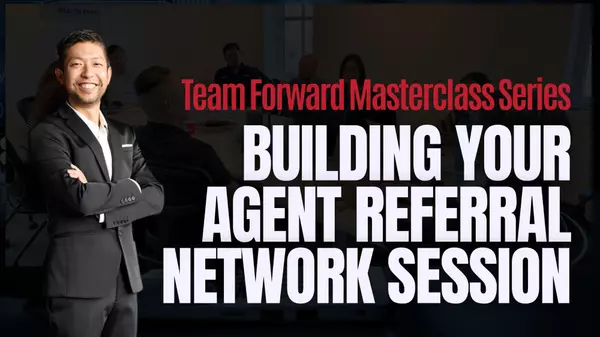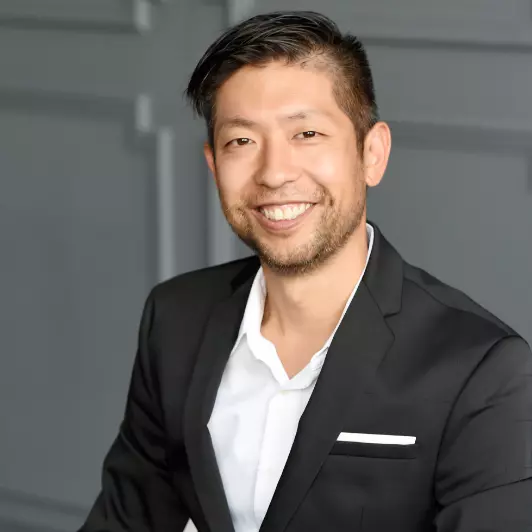Probate
A probate is the legal process that happens to the Will and assets of a deceased person. This process involves administering the Will of the deceased and identifying what happens to their property. In your Will, you will have to name an executor who will gather and secure your assets when you die. This is a person whom you trust enough to follow through with what you have written in your Will. This includes distributing your assets to your beneficiaries and following what is instructed in your Will.
What happens to your property when you die without a Will?
Ontario law has what they call “intestacy rules”. These rules dictate what happens to a person’s property when they die without a Will. During this scenario, your beneficiary depends on whether or not you are married and how many children you have. It is stated in the intestacy rules that only legal spouses and children, biological or adopted, have the right to your property when you die. The intestacy rules states that:
If you are married without children, the property goes to your spouse.
If you are married with children and your estate is worth less than $350,000, your spouse gets everything.
If it is worth more than $350,000, your spouse gets $350,000 and what remains will be divided between your children and your spouse.
If you have children but are not married, your estate is divided equally amongst your children.
If you are not married and you do not have any children, your estate goes to your closest living relatives or, if you do not have those either, it goes to the Ontario government.
These rules do not apply to common-law relationships or stepchildren that have not been legally adopted.
Making A Claim
In some cases, someone you left behind may not be able to get anything from your estate due to these rules but believes they are entitled to it. If a person is not entitled to any of your estate under the intestacy rules, they may make a claim or challenge the will. There are two types of claims that can be done.
Dependent’s Support Claim
A dependent is someone you were providing financial support to, as required by law or voluntarily, before dying and they may make a claim where they ask the court for support from your estate. Dependants include children, stepchildren, grandchildren, siblings, parents/grandparents, and married or cohabiting partners. This can also include ex-spouses that you were still providing support to.
Equalization Claim
An equalization claim can be maid by one married spouse only, meaning ex-spouses and common-law partners cannot make this claim. Your spouse can choose to take what they are entitled to under the intestacy rules or get an equalization payment. An equalization payment is the money your spouse receives from you depending on how much property value has increased while you were married.
Challenging The Will
Someone who believes that the Will is not valid may be able to challenge it. There are many instances wherein a will may not be valid. As an example, a will that was made when the person who died was not mentally capable or if they were under pressure in signing the will does not make it valid. The court decides whether or not a will is valid. If it is proven to not be valid, the estate will be divided under intestacy rules.
To formally challenge a will, a person will have to get legal help. This process usually costs a lot of money and time, which is why it is advisable to do this with the help of an estate lawyer.
Dying without a will can be complicated, or at least it is for the people involved in gathering and distributing your assets. No one, not even your closest relatives, will be able to determine what you would have wanted to do with your property and belongings and even if they do know, it would be hard to prove in court. The idea can be overwhelming and scary because people do not normally expect death to happen anytime soon, but planning your will and testament can help you determine what happens after you die. This way you are still somewhat in control of your life and you may be able to contribute greatly to your loved ones after you pass. You can also avoid having your property fall in the wrong hands or in the hands of someone you do not trust. A lot of time and effort goes into planning what happens to your property after death but the stress can be avoided if you plan ahead.
Categories
Recent Posts











